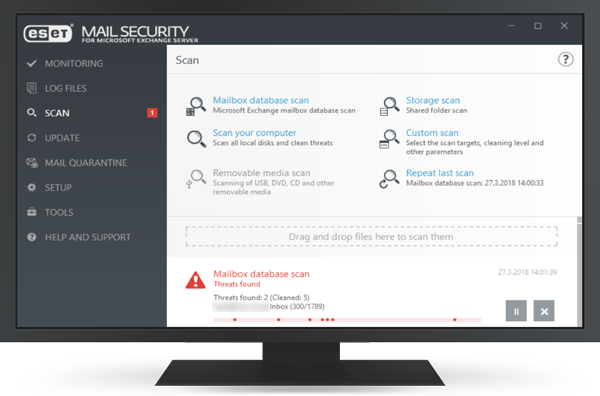6 Essential Email Security Solutions For Organizations

Email remains a primary communication tool for businesses, but it is also a common target for cybercriminals. Phishing attacks, malware, and data breaches can compromise sensitive information, making robust email security important for organizations. Implementing the right email security solutions can protect your business from these threats. Find here essential email security solutions for organizations.
Email encryption:
Email encryption ensures that the content of your emails is protected from unauthorized access during transmission. It converts the email’s content into unreadable code, making it accessible only to the intended recipient. This prevents sensitive information from being intercepted or stolen. Organizations can implement solutions like end-to-end encryption to ensure that emails containing confidential data are secure both at rest and in transit.
Spam filters:
Spam filters are essential for blocking unwanted and possibly harmful emails from reaching employee inboxes. These filters detect and block phishing attempts, malicious links, and unsolicited emails, reducing the likelihood of employees clicking on dangerous content. Modern spam filters use machine learning algorithms to continuously improve their ability to detect evolving threats, making them a reliable first line of defence.
Advanced threat protection (ATP):
Advanced threat protection (ATP) goes beyond traditional spam filtering to identify sophisticated threats, such as zero-day attacks, advanced malware, and targeted phishing campaigns. ATP solutions scan attachments, links, and embedded scripts in emails for malicious intent. By analyzing behavior and content in real-time, ATP can neutralize advanced attacks before they reach your inbox.
Data loss prevention (DLP):
Data loss prevention (DLP) solutions help prevent sensitive data from being sent outside the organization, either accidentally or maliciously. DLP tools monitor outbound emails for confidential information, such as financial records, personal data, or intellectual property. If any such content is detected, the system can block the email or alert the user, preventing data leaks.
Phishing awareness training:
Human error is often the weakest link in email security, and phishing attacks exploit this vulnerability. Regular phishing awareness training educates employees on how to recognize and avoid phishing scams. By teaching employees to identify suspicious emails, links, and attachments, organizations can reduce the risk of phishing attacks compromising the network.
Email archiving solutions:
Email archiving solutions store and organize copies of emails securely, ensuring that organizations can retrieve past emails if needed for legal, compliance, or business purposes. Archiving also ensures that older emails are protected from being tampered with or deleted, providing an additional layer of security for important communications.